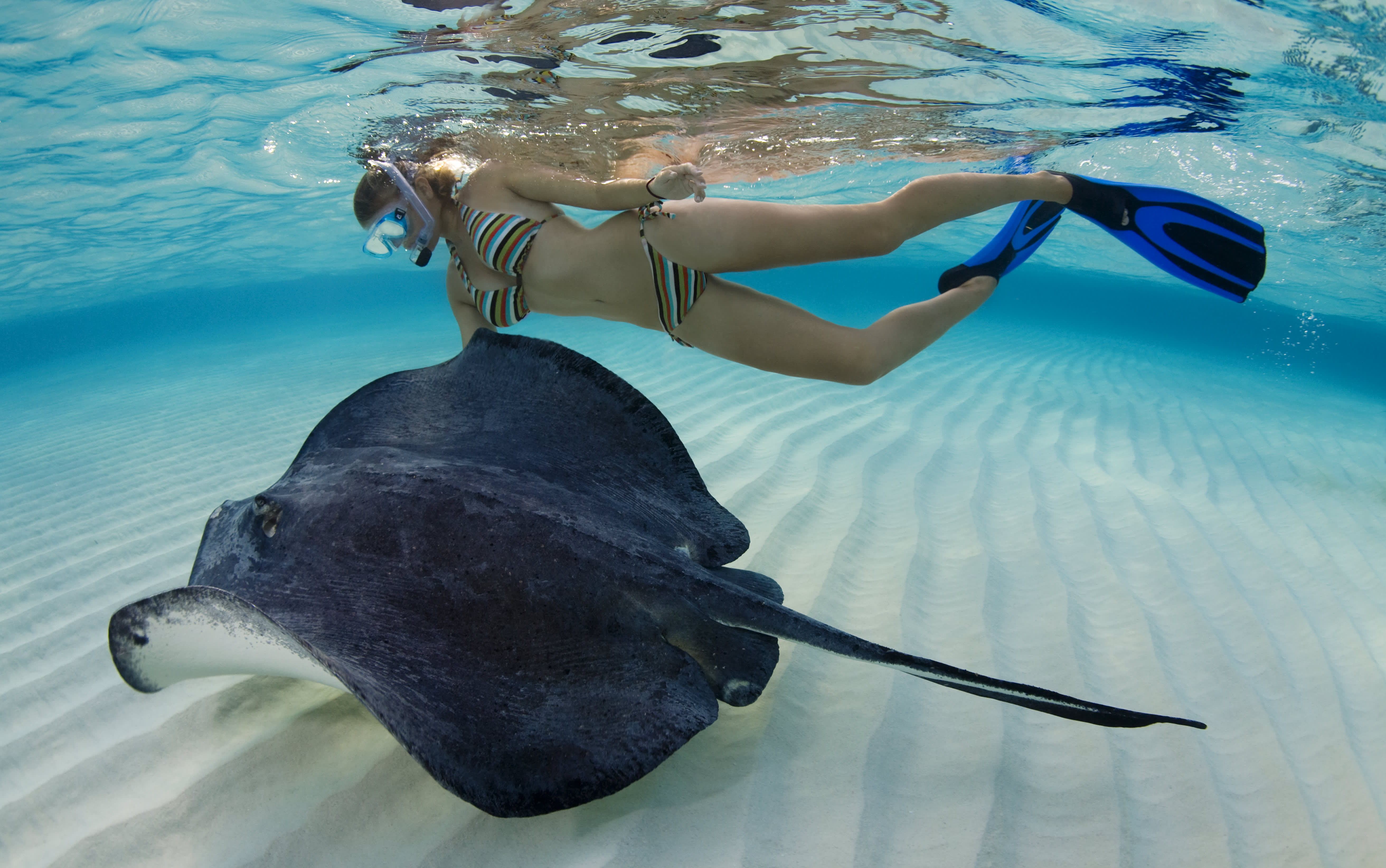Digital nomads can now work remotely in the Cayman Islands for up to two years.
The catch? Those workers must make at least $100,000 a year — and even more if they want to bring a companion.
Launched on Oct. 21, the Global Citizen Concierge Program invites high-earning workers to ride out the next several years on the territory’s three islands — Grand Cayman, Cayman Brac and Little Cayman — which, so far, have contained Covid-19 infections with more success than many of their Caribbean counterparts.
The program is one of the only ways that those without work or residency connections can access the Cayman Islands right now, since the British overseas territory has not yet reopened to tourists.
Who is eligible?
Under the new program, workers can apply to receive a “Global Citizen Certificate” if they have an employment letter from an entity outside of the Cayman Islands that shows a minimum annual salary of $100,000 for individuals, $150,000 for couples (including civil partners) and $180,000 for individuals or couples with dependent children.
Other family members may also be eligible to join, including siblings, parents, grandparents and grandchildren, if they are are “wholly or substantially dependent” upon the applicant.
Applications can be submitted for every remote worker in a company, according to the program website.
A woman snorkels with a stingray near the shallow sandbars of Stingray City in Grand Cayman’s North Sound.
Justin Lewis | Stone | Getty Images
To apply, travelers must also provide a valid passport, notarized bank reference letter, proof of health insurance and criminal background record. A visa may also be necessary, though it is not required for citizens of the U.S., Canada, the U.K, Australia and many countries in Europe.
Certificate fees are $1,469 per year (for two people) and are payable upon application submission. Dependents cost an additional $500 each.
Once approved, certificate holders can travel in and out of the Cayman Islands provided they spend 90 days in the territory per year.
Luxury quarantine options
Travelers who are granted permission to work in the Cayman Islands must seek approval to enter through the Travel Cayman portal. They must also abide by all incoming travel rules, which currently require two Covid-19 tests and a 14-day quarantine.
Three of the “privately-run facilities” where remote workers can quarantine are located near Seven Mile Beach.
Westend61 | Westend61 | Getty Images
Certificate holders can quarantine at a private residence or privately-run facility, the latter ranging from student dorms to The Ritz-Carlton, Grand Cayman. Palm Heights, an all-suite boutique hotel that is currently the territory’s top-ranked traveler-reviewed hotel on TripAdvisor, is also a designated private facility.
The starting price to quarantine at Palm Heights is $5,250 Cayman Islands dollars ($6,300), while The Ritz-Carlton costs at least $9,000 Cayman Islands dollars ($10,800) for a two-week stay.
Covid-19 infections in the Cayman Islands
The Cayman Islands have confirmed a total of 239 Covid-19 cases and one death since the global pandemic began. Cases peaked in May. Most social distancing and mask requirements have been eliminated, though masks are still required in airports, taxis and on buses.
“Our Government has been successful in the face of the global health crisis, and we’ve emerged as a safe haven in the Caribbean,” Moses Kirkconnell, the Cayman Islands’ deputy premier and minister of tourism, said in a press release announcing the new work program.
The penthouse suite at The Ritz-Carlton, Grand Cayman.
Courtesy of CIDOT and The Ritz-Carlton, Grand Cayman
On Oct. 1, the Cayman Islands began a phased approach to reopening its borders, allowing inbound flights for citizens, permanent residents and people with work, school and family connections to the islands. Cases have gradually increased since then, with the territory recording at least 25 cases this month.
Other options with salary requirements
The Cayman Islands isn’t the first remote work program to institute minimum income requirements this year, but its thresholds may well be the highest.
Under its “Remotely from Georgia” program, the country of Georgia requires applicants to show earnings of at least $2,000 a month. Estonia’s Digital Nomad Visa requires remote workers to prove a monthly income of at least €3,504 ($4,141) for the six-month period before applying. To live and work in Dubai, applicants must provide evidence of salary or business income of at least $5,000 per month.
The islands of Antigua, Barbuda and Barbados ask remote workers to certify that they expect to earn an annual income of at least $50,000.
Other places lack income requirements for remote work. Anguilla’s new remote work program asks applicants to confirm they have the means to support their stays. Similarly, applicants must “have substantial means and/or have a continuous source of annual income” to work remotely in Bermuda, according to its remote work website.
